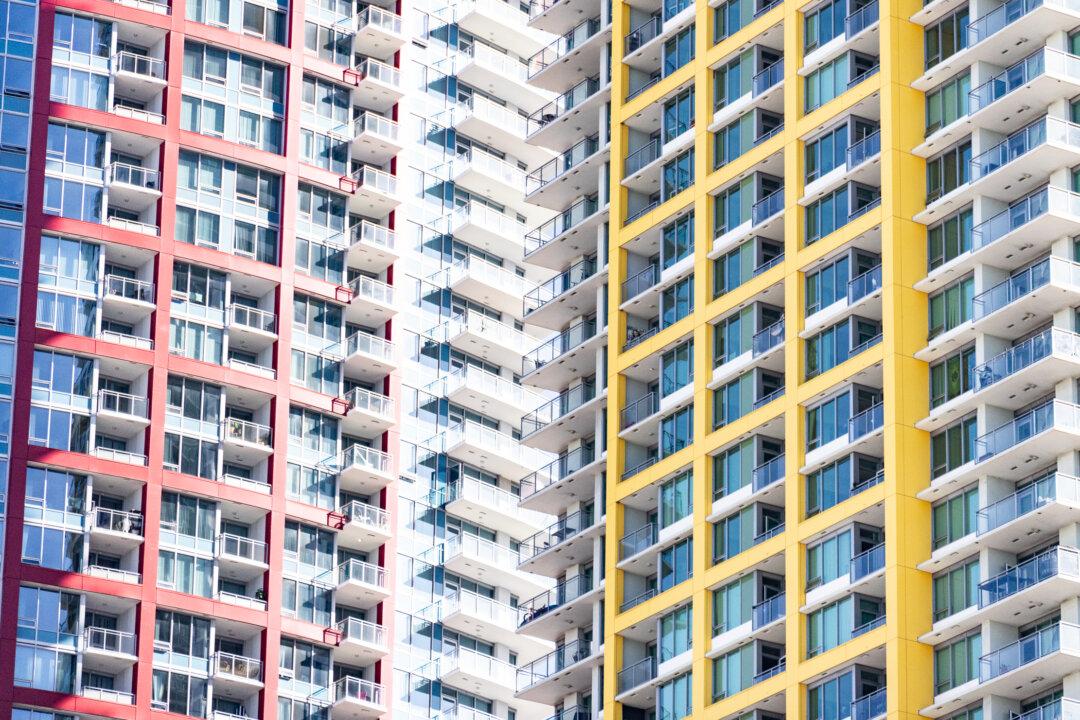San Diego officials endorsed a plan Nov. 16 that would preserve the city’s estimated 23,000 affordable rental units for lower-income residents.
During the meeting of the city’s Land Use and Housing Committee, councilmembers unanimously approved a motion that would direct the city’s housing commission to draft an ordinance to that end, to be presented in early 2025 for approval.





